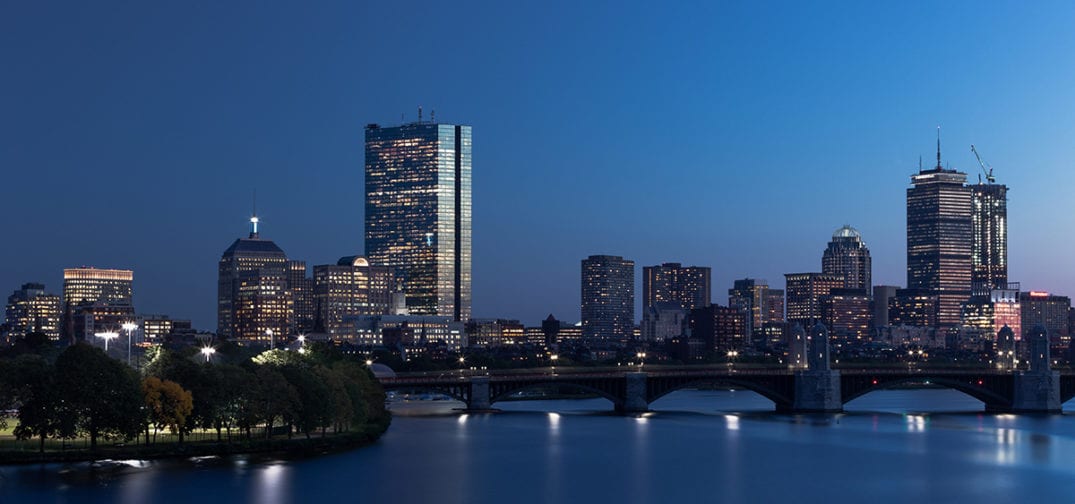The first cannabis dispensary to benefit from the Massachusetts Cannabis Control Commission’s economic empowerment program is expected to open by late October and is the first to get approval within Boston city limits, according to a WBUR report. The economic empowerment program is Massachusetts’ social equity initiative for the cannabis space.
Kobie Evans is a native of Dorchester, which historically has high cannabis arrest rates – a key requirement for applicants of the state’s economic empowerment program. His business partner, Kevin Hart, grew up in Baltimore, Maryland and Virginia; both men are African American.
Requirements for the social equity program include having a past drug conviction, or being the spouse or child of an individual with a drug conviction, or having lived in an “area of disproportionate impact” for at least five years, and having an income that doesn’t exceed 400 percent of the federal poverty level. Applicants must have lived in Massachusetts for at least 12 months.
The duo’s company, Pure Oasis, has so far only been granted a provisional license and still need a final license and operating certificate.
Under the program, 123 social equity licenses will be available to qualifying applicants but, according to the WBUR report, the CCC has received only 10 applications. Evans said the application process – which can cost between $50,000 and $60,000 – “isn’t easy.”
“… It would be a lot easier if we had a pile of money to hire a big lobbying firm to set up meetings with mayors, but that’s not the case. Being the little guys makes the process difficult to impossible.” – Evans, to WBUR
Evans called “the politics” the hardest part of netting a business license because the state law requires businesses enter into Host Community Agreements, which allows municipalities to collect up to 3 percent of a business’ gross sales for up to five years, before the CCC will even consider an application.
Evans and Hart said they plan to hire individuals from the community, including those with criminal records, at their shop and hope to, eventually, launch a business incubator.
Get daily cannabis business news updates. Subscribe
End
